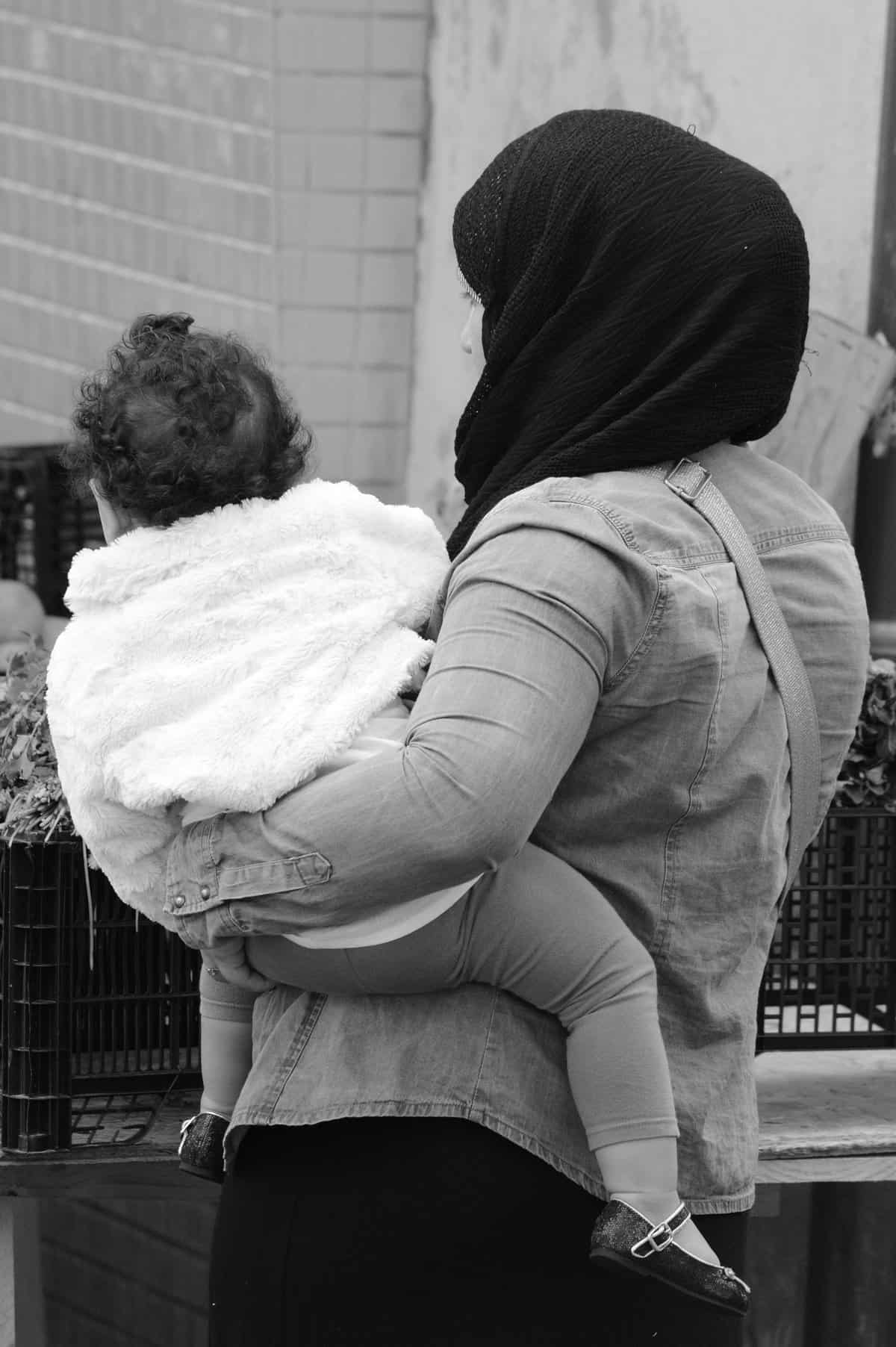
Since President Trump issued the temporary travel ban against citizens from seven predominantly Muslim nations, there has been no end of controversy. Some foreign leaders have criticized it; others have supported it. Likewise, within America, many Christian leaders have joined in protests and petitions, while others have argued its merits.
What troubles me is the spirit behind all the protests—are people truly concerned about the fate of refugees from Sudan, Yemen, and elsewhere, or are they using this issue as an excuse to express their rejection of President Trump? Because if they’re truly stirred up by the needs of Muslim refugees, I’d like to know if they were doing anything constructive to help refugees before Trump came into office, or whether they are interested in offering such help now.
As the situation continues to unfold, I’ve asked myself over and over again, “How would Jesus respond?” Since I claim to follow Jesus, I want my response to align with his heart.
How would Jesus respond? Since I claim to follow Jesus, I want my response to align with his heart.
Jesus was often countercultural, even politically incorrect. But he reserved his few harsh rebukes for hypocritical religious leaders, not political leaders. His breaking of cultural norms was always done in order to show love to hurting individuals. He healed the sick on the Sabbath, he didn’t condemn the woman caught in adultery, he asked for water from a despised Samaritan, he healed the servant of a Roman oppressor, he partied with tax collectors and sinners.
Jesus never joined in with other Jews who were protesting the government or planning violent attacks against it. The closest he got to a protest was driving the moneychangers out of God’s temple—again, dealing with his own religion gone wrong.
Does that mean I don’t support protests of government policies? I affirm the right to free speech that Americans hold dear, and I believe that peaceful protests can be an effective way to bring attention to issues of injustice. I have joined in peaceful protests before, and will do so again. But I’ve done so not to represent Jesus’ heart of love, but more to support a community and an ideal that I believe in.
So back to the original question: how would Jesus respond to the travel ban? In my heart, I am convinced that Jesus would respond by loving people—and no government restrictions or cultural controversies would stop his love.
What about those of us who follow Jesus? How many of us would take the time to march in protest, or circulate a petition, or gripe on Facebook, in defense of these Muslim nations seemingly treated unjustly…but have never taken the time to get to know the Muslims who live in our own neighborhoods, or whose kids go to school with our kids? Which shows more of Jesus’ love—marching alongside angry protestors, or walking alongside the Muslim children in our neighborhood to make sure they get home safely from the bus stop? Shouting slogans against a government policy, or whispering words of comfort to a Muslim student unable to return home to her family during Ramadan? Perhaps some of us are doing both, and I commend you. But if we have time to invest in just one type of response, what do you think Jesus would do?
How many of us would take the time to march in protest…but have never taken the time to get to know the Muslims who live in our own neighborhoods?
If we truly care about showing Jesus’ love, there are many reputable agencies helping Syrian refugees that need our donations. One of my friends even volunteered at a refugee camp in Jordan for a short time. The travel ban eliminates neither all of our options to serve refugees, nor our responsibilities.
The greatest need of Muslim refugees is not necessarily entry to America. Muslim refugees need food and shelter. They need a chance to work and provide for their families. They need people to come alongside them and help them get back on their feet. They need our prayers, our donations and our love, in America and elsewhere.
As the eyes of the world look toward America’s government and criticize its leadership in this global refugee crisis, what an opportunity for the Christians of America to model a different spirit, not just through protests and hashtag activism but through genuine love for our Muslim neighbors. By doing this, we will represent our nation well—but more importantly, we will represent the heart of our Savior.
Jim’s 20 years living in a Muslim nation have birthed a series of novels that are transforming people’s perceptions on Muslims and how God would have us relate to them in love. His most recent novel, A Violent Light, was released in December 2016.



One Response
Excellent point. As Zechariah says, we must “administer true justice. Show mercy and compassion to one another…” If we truly do not want to oppress the alien, then individually we are called on to show mercy and compassion, not just call on our government to do something.